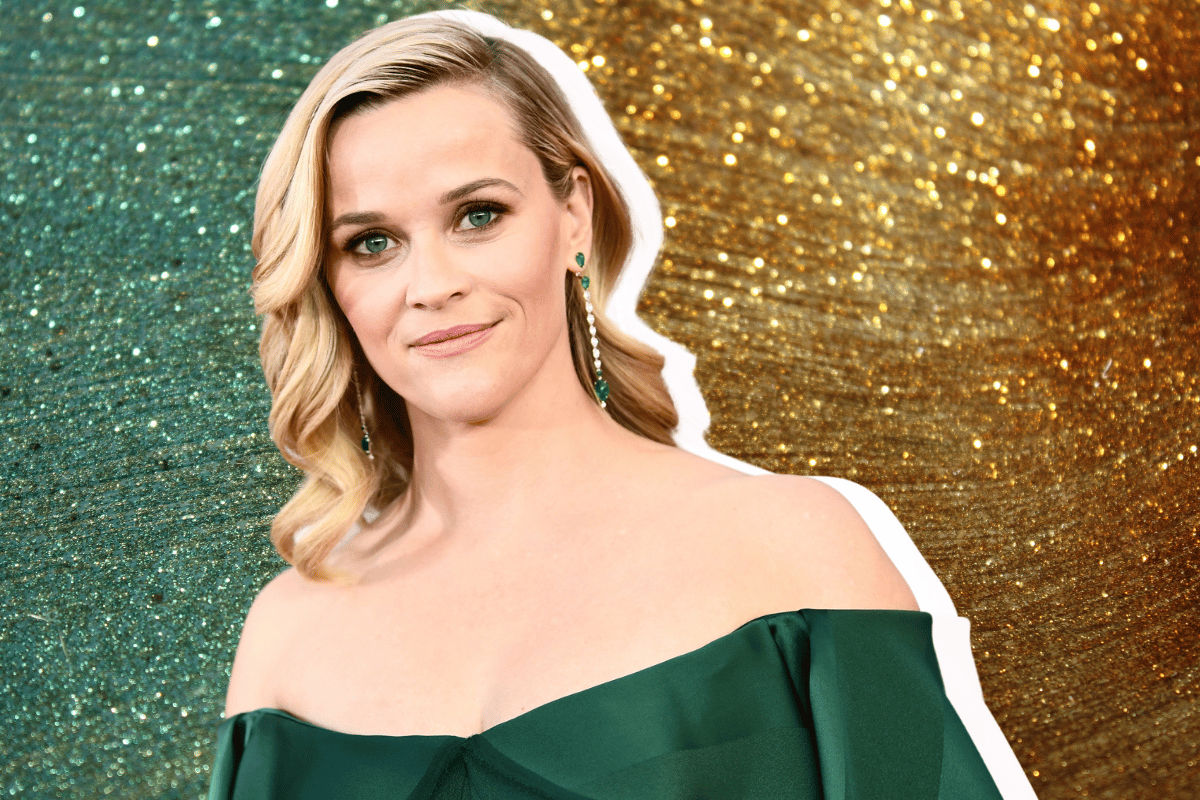
In 2012, Oscar-winning actress Reese Witherspoon was flicking through the New Yorker when she found herself name-checked in an article. Not unusual given she'd been one of Hollywood's biggest stars since the late '90s.
Only, in this article, the author was describing her - along with several other actors - as someone who was 'a big star 10 years ago'.
For Witherspoon, who was 36 at the time, it was a pivotal moment.
Watch: Our favourite old celebrity head shots. Post continues below.
Witherspoon found success as a teenager, starring in The Man in the Moon aged just 14, then shot to superstardom with her roles in Cruel Intentions and Legally Blonde in her early and mid-20s. At 29, she won an Oscar, playing June Carter Cash in Walk The Line alongside Joaquin Phoenix.
But then... things stalled. After receiving such huge recognition, Witherspoon struggled to plot her next move.
"I was so used to being underestimated that when I was somehow accepted, I didn't know how to look at material," she told the Hollywood Reporter. "I didn't know how to make decisions and I didn't know what I wanted to say."
The problem was, roles, like Carter Cash, were scarce in Hollywood - and Witherspoon was deeply frustrated that nobody was writing complex and interesting female protagonists.

Top Comments